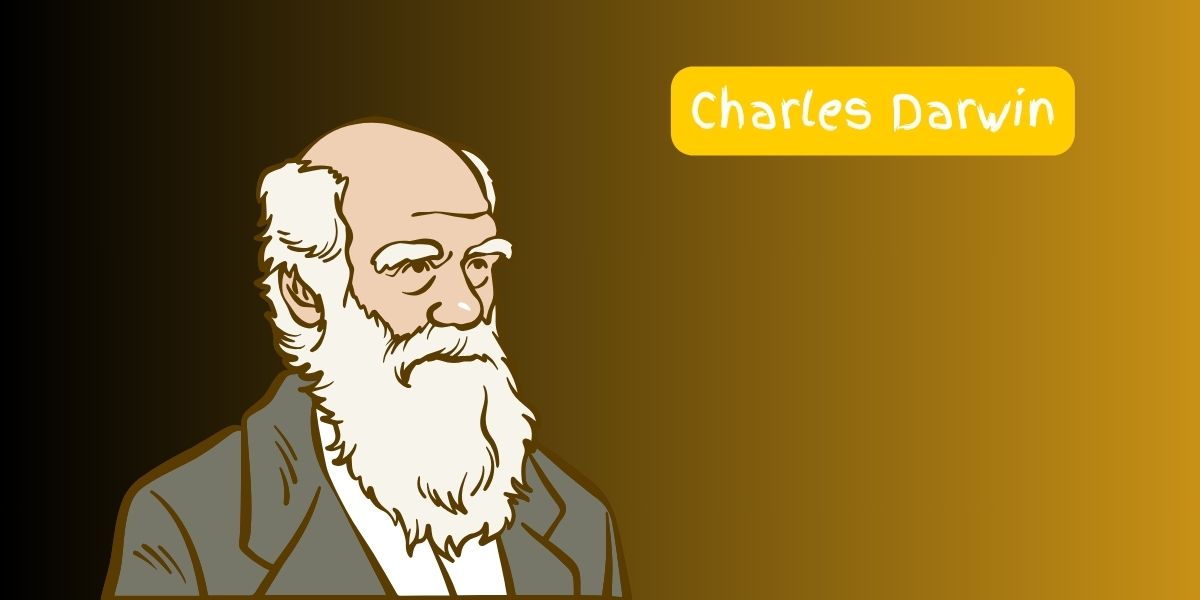Charles Darwin was a British naturalist and biologist who is best known for his theory of evolution by natural selection. Born on February 12, 1809, in Shrewsbury, England, Darwin’s ideas revolutionized our understanding of the natural world and the origin of species.
Darwin’s most famous work, “On the Origin of Species,” published in 1859, presented compelling evidence and arguments supporting the idea that species evolve over time through a process he called natural selection. Natural selection is the mechanism by which organisms with favorable variations or traits are more likely to survive and reproduce in their environment, while those with less advantageous traits are less likely to survive and pass on their genes to the next generation.
Darwin’s theory challenged prevailing beliefs about the fixity of species and the idea of divine creation. It proposed a natural explanation for the diversity of life on Earth and provided a unifying framework for understanding the interconnectedness of all living organisms.
In addition to his work on evolution, Darwin made significant contributions to the fields of botany, geology, and natural history. He conducted extensive research and observations during his famous voyage aboard the HMS Beagle, traveling to various regions around the world, including the Galápagos Islands, where he made important observations about the diversity of species and their adaptations to different environments.
Darwin’s ideas sparked considerable debate and controversy during his lifetime and continue to be a central focus of scientific inquiry and research today. His contributions to biology and our understanding of the natural world have had a profound and lasting impact on science and society


No responses yet